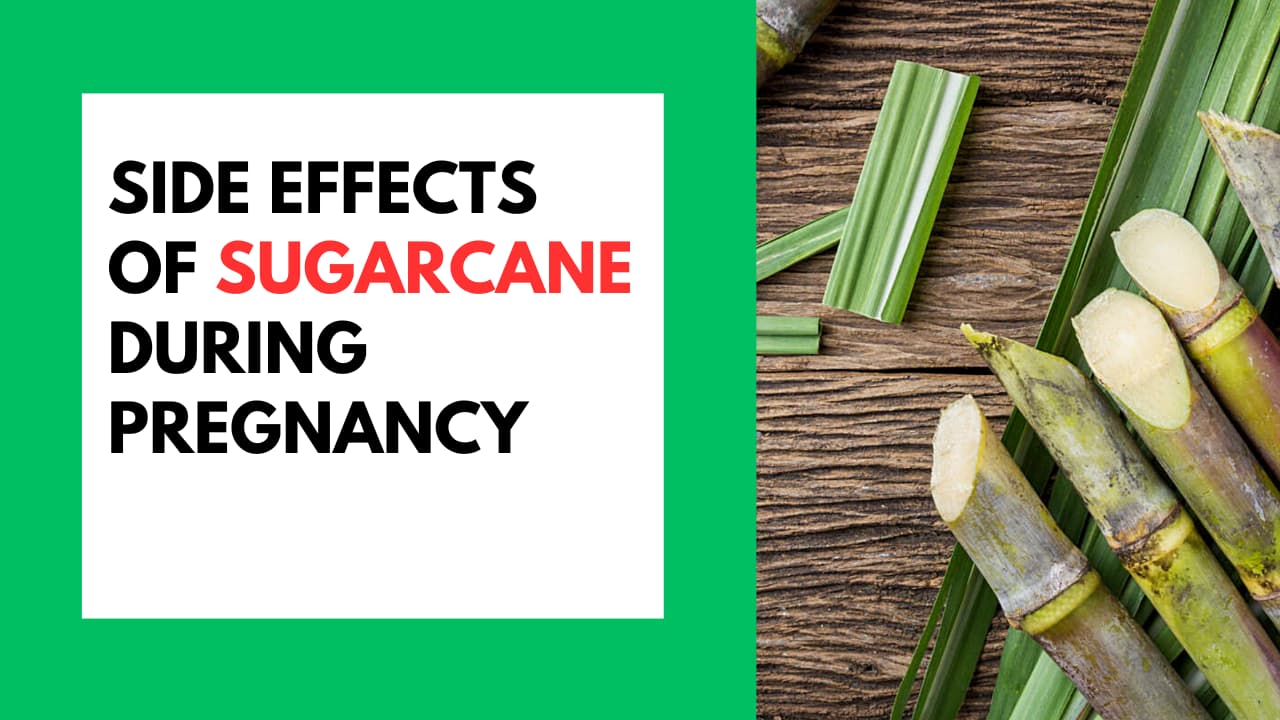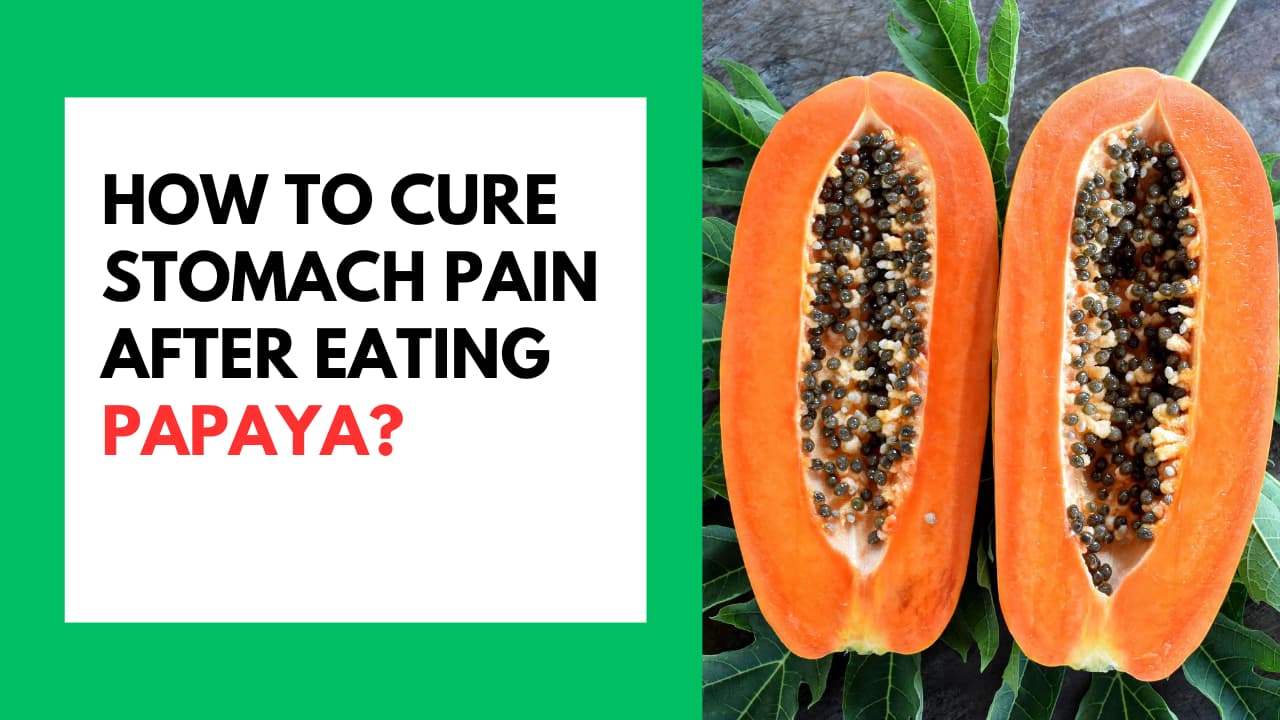Sugarcane juice is a naturally sweet and refreshing drink that’s enjoyed in many parts of the world. For pregnant women, it can be a tasty and natural way to boost energy and get important vitamins and minerals. It contains nutrients like potassium, iron, calcium, and antioxidants that can help support overall health during pregnancy. Like any food or drink during pregnancy, it’s important to know how it fits into a balanced diet to make the best choices for both mom and baby. Let’s find out if eating sugarcane has any side effects during pregnancy.
Expert in This Article
Dr. Munira Dudhbhai is Board Certified with the American Board of Obstetrics and Gynecology.
Nutritional Profile of Sugarcane
Sugarcane is a natural source of energy and contains many important nutrients. Whether you drink its juice or chew on the raw stalk, it provides vitamins, minerals, and antioxidants that are good for your health. It’s also a great source of hydration. According to Dr. Munira Dudhbhai of Lewisville Women’s Care, “Even just ten minutes in the sun can lead to dehydration, so it’s important to stay hydrated and listen to your body’s needs.” The following is what sugarcane offers:
- Calories: Between 58 and 160 calories per 100 to 250 ml of juice, depending on how it’s made.
- Carbohydrates: About 13 grams per 100 grams, mostly from natural sugars like glucose and fructose, which give you a quick energy boost.
- Sugars: Around 12.85 grams of glucose and smaller amounts of fructose per 100 grams.
- Protein: Very little, only about 0.1 to 0.16 grams per 100 grams.
- Fat: Almost none.
- Fiber: Around 0.56 to 0.77 grams per 100 grams.
- Vitamins: Vitamin B1 (Thiamine), Vitamin B2 (Riboflavin), Vitamin C, Vitamin B6, Vitamin E, and Folic Acid (Vitamin B9).
- Minerals: Iron, magnesium, calcium, potassium, manganese, sodium, zinc, copper, and selenium.
Common Side Effects and Risks of Eating Sugarcane
“While natural remedies like sugarcane juice can offer health benefits, it’s crucial to consume them mindfully to avoid unwanted side effects,” says Dr. Munira Dudhbhai. These side effects of eating sugarcane include:
· Blood Sugar Spikes and Risk of Gestational Diabetes
Sugarcane has about 13–15% natural sugars, which can quickly raise blood sugar levels. This can be risky for people with diabetes and pregnant women with gestational diabetes. High blood sugar during pregnancy may negatively affect the baby and increase the risk of birth defects like spina bifida. For this reason, these individuals are usually advised to avoid sugarcane juice to prevent any health complications.
· Too Much Weight Gain
Sugarcane and its juice are high in sugar and calories. Drinking too much can lead to weight gain, especially since sugary drinks don’t keep you full for long. This may cause you to eat more calories throughout the day, making it harder to manage your weight.
· Stomach and Digestive Issues
Some people, especially those with sensitive stomachs, may feel bloated, have diarrhea, stomach pain, or an upset stomach after consuming sugarcane. This can be due to a substance in sugarcane called polycocanal (or policosanol), which can irritate the digestive system and cause symptoms like nausea, vomiting, or dizziness in some individuals.
· Effects on the Nervous System
Drinking too much sugarcane juice might lead to problems like dizziness, headaches, trouble sleeping, or even weight loss in some people. These effects are also linked to the compound polycocanol found in sugarcane.
· Tooth Decay and Oral Health Issues
Because sugarcane is high in sugar, it can lead to the growth of bacteria in the mouth. This increases the risk of cavities, tooth decay, and other dental problems if good oral hygiene isn’t followed.
· Possible Allergic Reactions
Although it’s rare, some people may have allergic reactions to sugarcane. This can include symptoms like sneezing, a runny nose, skin itching, or rashes.
· Contamination Risk
Sugarcane juice sold by street vendors may not always be prepared in clean conditions. If it’s not made or stored properly, it could lead to foodborne illnesses or infections due to bacteria or other harmful germs.
Considerations for Eating Sugarcane During High-Risk Pregnancies
Although sugarcane is generally healthy to consume, it can also be risky. “Pregnancy is a sensitive time, and even natural foods like sugarcane should be eaten with care. Being cautious can help keep both the mother and baby safe from unnecessary risks.” Explains Dr. Munira Dudhbhai. Some of the precautions include:
- Sugarcane juice has a lot of natural sugar. Therefore, it’s important to limit your intake and keep an eye on your blood sugar to avoid problems during pregnancy.
- Consuming excessive sugarcane juice can lead to weight gain during pregnancy. Gaining too much weight may increase the risk of issues like high blood pressure or preeclampsia.
- Sugarcane juice can carry germs if it’s made or handled in unclean places. To avoid getting sick, pregnant women should only drink water from clean and trusted sources.
- Buying sugarcane juice from reliable sellers can lower the risk of taking in pesticides or chemicals, which may not be safe during pregnancy.
- The sugar in sugarcane juice can make dental problems worse, especially since gum issues are common during pregnancy. Keeping your teeth clean is very important if you drink it.
- In the third trimester, your body becomes more resistant to insulin. This means your blood sugar can rise more easily, so it’s best to cut down on sugarcane juice during this time.
- Before adding sugarcane juice to your diet, it’s best to talk to your doctor. They can give you advice based on your health and help you make safe choices during pregnancy, especially if you’re at higher risk.
Misconceptions Regarding Sugarcane Consumption in Pregnancy
Some people believe that drinking sugarcane juice during pregnancy can cause a miscarriage or start labor early, but there is no scientific proof to support these claims. There is no evidence that sugarcane juice causes miscarriage at any stage of pregnancy. When consumed in moderation, it is generally safe for pregnant women. Most miscarriages happen because of genetic issues or medical conditions, not because of foods like sugarcane juice.
Another common myth is that sugarcane juice can bring on labor. However, no studies have shown that it causes the uterus to contract or start labor. Just like similar beliefs about certain other foods, this idea is not backed by science.
Doctors and experts agree that the idea of sugarcane juice causing miscarriage or labor is a myth. The best way to stay healthy during pregnancy is by eating a balanced diet, going to regular prenatal checkups, and following your doctor’s advice. Dr. Munira Dudhbhai explains it well:
“Many beliefs about sugarcane juice causing miscarriage or starting labor come from cultural traditions, not facts. It’s important to separate these stories from science so pregnant women can make safe choices.”
Closing Note
Eating sugarcane during pregnancy can be safe if done in moderation, but it also has some possible side effects because of its high natural sugar content. If you have gestational diabetes or are at risk of getting it, talk to your doctor before adding sugarcane to your diet. You might want to look for healthier options to satisfy your sweet cravings.

Annie Edith is an experienced journalist and content creator with a strong passion for health and wellness. She takes a unique approach to her writing, exploring the latest trends in Dental, Fitness, and mental well-being, while providing readers with informative, research-based articles.





